What’s Included?
Prerequisites
- Basic understanding of data engineering concepts
- Familiarity with cloud platforms (preferably Azure)
- Experience with Python or SQL is helpful
- Interest in big data and distributed computing
Skills You’ll Gain
- Spark Data Processing
- Cluster Configuration Management
- Scalable Transformation Workflows
- Databricks Integration Setup
- Real-Time Engineering
- Notebook-Based Development
- Pipeline Orchestration Tools
- Performance Monitoring Strategy
Self Study Materials Included
Videos
Engaging visual content to enhance understanding and learning experience.
Podcasts
Insightful audio sessions featuring expert discussions and real-world cases.
Audiobooks
Listen and learn anytime with convenient audio-based knowledge sharing.
E-Books
Comprehensive digital guides offering in-depth knowledge and learning support.
Module Wise Quizzes
Interactive assessments to reinforce learning and test conceptual clarity.
Additional Resources
Supplementary references and list of tools to deepen knowledge and practical application.
Tools You’ll Master
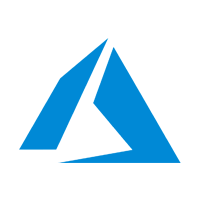
Azure Portal
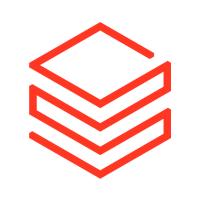
Azure Databricks
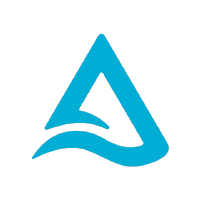
Delta Lake
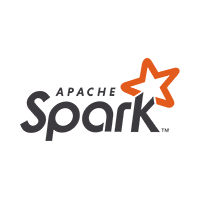
Apache Spark
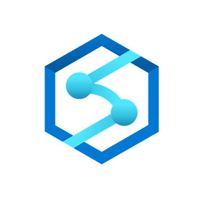
Azure Synapse Analytics
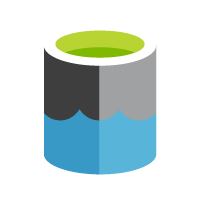
Azure Data Lake Storage
What You’ll Learn
Configure Databricks Clusters
Set up scalable clusters for big data processing.
Transform Data with Spark
Use Apache Spark to ingest and process data.
Integrate & Build Pipelines
Connect Databricks with Azure services for end-to-end workflows.
Monitor & Optimize Workflows
Track performance and secure data engineering environments.
Course Modules
Lesson 1: Implement a Data Engineering Solution with Azure Databricks
Module 1: Perform Incremental Processing with Spark Structured Streaming
Module 2: Implement Streaming Architecture Patterns with Delta Live Tables
Module 3: Optimize Performance with Spark and Delta Live Tables
Module 4: Implement CI/CD Workflows in Azure Databricks
Module 5: Automate Workloads with Azure Databricks Jobs
Module 6: Manage Data Privacy and Governance with Azure Databricks
Module 7: Use SQL Warehouses in Azure Databricks
Module 8: Run Azure Databricks Notebooks with Azure Data Factory
Frequently Asked Questions
Yes, it’s designed for beginners with basic data engineering knowledge.
No prior Spark experience is required; the course covers fundamentals.
Primarily Python and SQL for data transformation and querying.
You’ll need access to Azure to use Databricks in this course.
Yes, it includes practical labs and scenarios for enterprise-scale workloads.